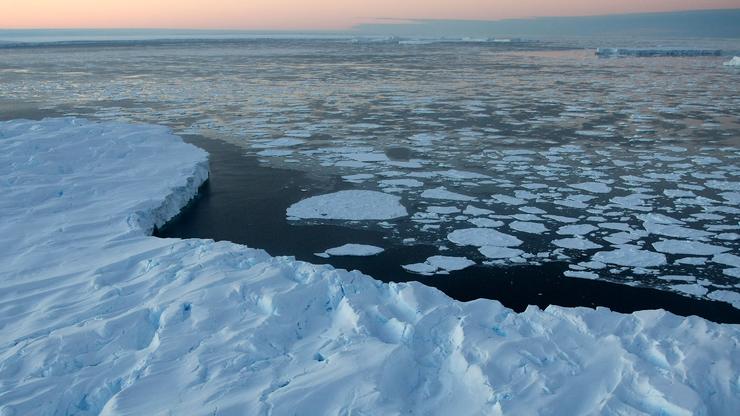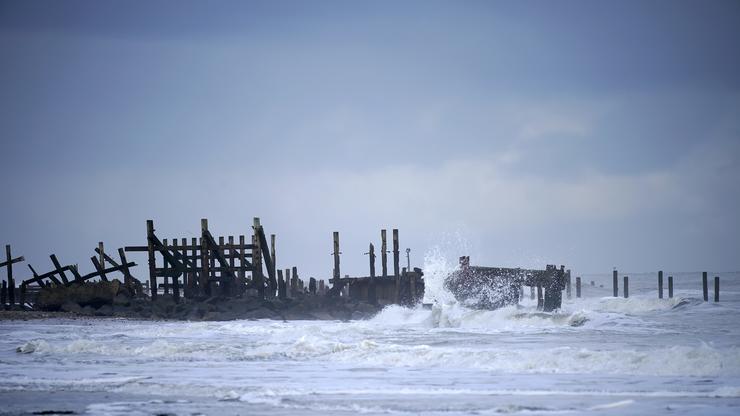Antarctica reached the warmest temperature it's ever recorded, earlier this week, as reported by Complex.
A meteorological agency from Argentina recorded temperature at 18.3°C (65°F) on Thursday. Antarcitica.gov states that average temperature ranges from −10°C on the Antarctic coast to −60°C inland. In the summer, temperatures occasionally rise above 10°C.
Victoria University of Wellington climate scientist Professor James Renwick tells The Guardian that the World Meteorological Organization committee will verify this record: "Of course the record does need to be checked, but pending those checks, it’s a perfectly valid record and that [temperature] station is well maintained," he explained. "The reading is impressive as it’s only five years since the previous record was set and this is almost one degree centigrade higher. It’s a sign of the warming that has been happening there that’s much faster than the global average. To have a new record set that quickly is surprising but who knows how long that will last? Possibly not that long at all."
The previous record was 17.5°C (63.5°F), recorded in 2015.
The Copernicus Climate Change Service, a European Union organization that monitors climate, reports that 2019 was the second hottest year ever recorded. If warming trends continue, scientists warn that natural disasters will continue to rise.
Oceans’ Rise In Heat Over Last 25 Years Equals "3.6 Billion Hiroshima Bombs"
A new study shows oceans are continuing to warm at record rates.
In a new study titled "Record-Setting Ocean Warmth Continued in 2019," scientists have determined that the temperature of the ocean's surface to 2,000 meters deep has shown warming of 228,000,000,000,000,000,000,000 Joules of heat over the last 25 years, as reported by Complex.
The study's lead author, Lijing Cheng, explained the warming to CNN by making an analogy to the atom-bomb: "The amount of heat we have put in the world's oceans in the past 25 years equals to 3.6 billion Hiroshima atom-bomb explosions. This measured ocean warming is irrefutable and is further proof of global warming. There are no reasonable alternatives aside from the human emissions of heat-trapping gases to explain this heating."
For reference, the Hiroshima atom-bomb was 63,000,000,000,000 Joules.
"The price we pay is the reduction of ocean-dissolved oxygen, the harmed marine lives, strengthening storms and reduced fisheries and ocean-related economies," Cheng explained. "However, the more we reduce greenhouse gasses, the less the ocean will warm."
The study credits this heat increase for the rise in extreme weather conditions: "The increasing heat increases evaporation, and the extra moisture in the warmer atmosphere nourishes heavy rains and promotes flooding leading to a more extreme hydrological cycle and more extreme weather (in particular hurricanes and typhoons). It is one of the key reasons why the Earth has experienced increasing catastrophic fires in the Amazon, California, and Australia in 2019 (extending into 2020 for Australia)."






